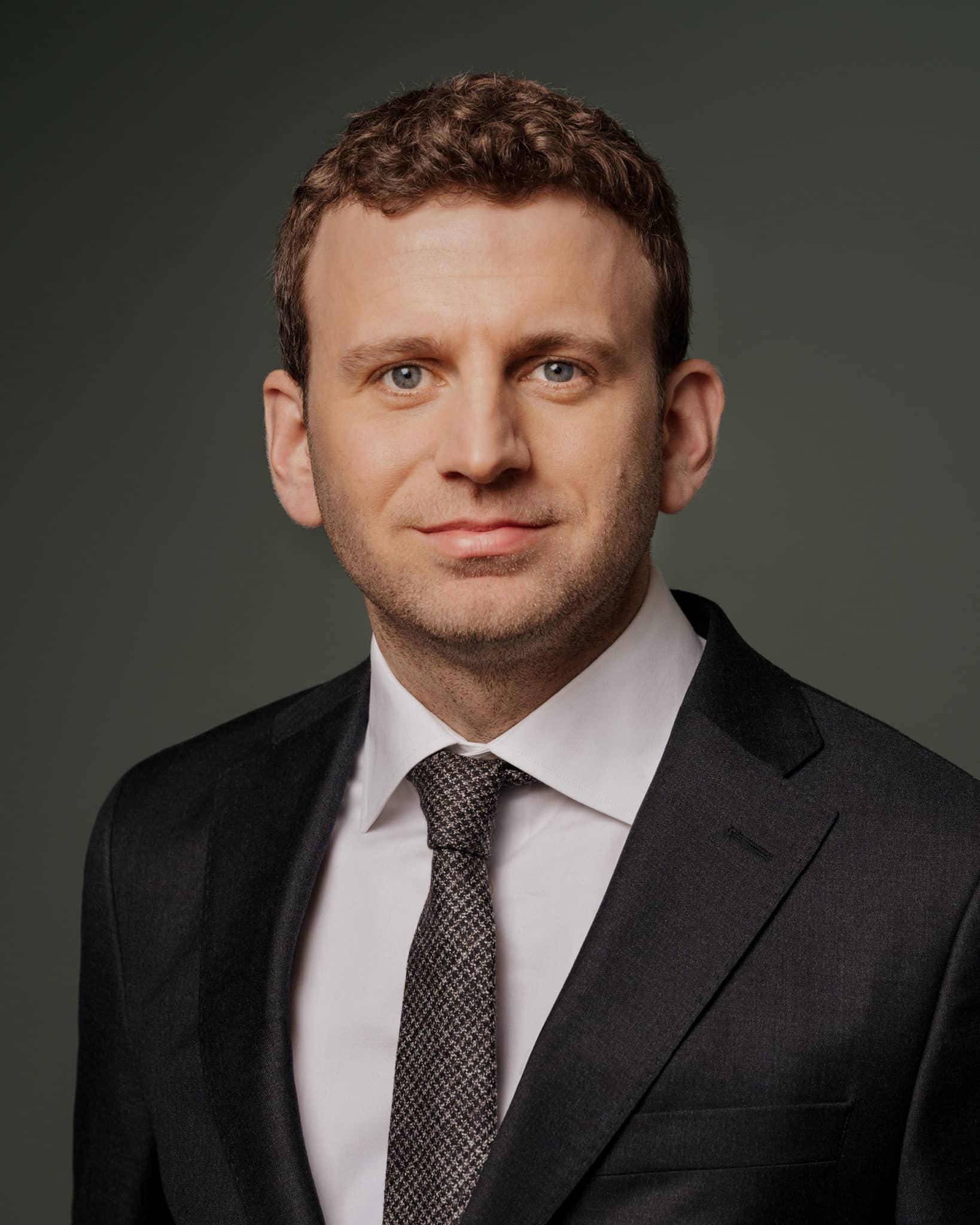Case background
The main organisations Unio, Akademikerne, LO Stat and YS Stat are each party to their own main collective agreement with the state. Unio and Akademikerne have an identical main collective agreement with the state, while LO Stat and YS Stat have the same on their side.
Both agreement models are based on the central parties determining the annual financial framework for the settlement. The main difference lies in how the financial framework is distributed and the extent to which there are central guidelines for wage formation.
The main collective agreement for Unio and Akademikerne stipulates that the entire financial framework – the “salary pot” – is distributed through local, collective bargaining in the individual company in the state. The main collective agreement of LO Stat and YS Stat, on the other hand, provides for a greater degree of centralised distribution.
During the main settlement in 2024, the central government demanded a single identical main collective agreement with all four main organisations – with strong central guidelines for wage formation.
Unio and Akademikerne would not accept such a reform, as this would mean, among other things, reverting to a system that contributes to a compression of the salary structure in the state, which inhibits the salary development of highly educated employees.
The state has a diversity of organisations, which vary in terms of size, location, competitiveness and level of education among employees.
Both Unio and Akademikerne have been clear on the importance of retaining a pay and negotiation system that is flexible enough to be able to adapt to the diversity of state-owned organisations, improve salary development for highly educated employees, promote recruitment and reduce the risk of losing highly skilled employees. The government has also recognised the need for this in previous settlements. The current agreements are the result of thorough analyses and negotiations between the parties.
Unio and Akademikerne took members on strike to retain the main collective agreements when the state stood by its demands. However, the strikes were called off shortly afterwards, and a compulsory wage board intervened. The National Wage Board was given the task of dealing with the disputes.
The National Wage Board’s assessment
In its ruling, the National Wage Board notes that Unio’s current main collective agreement is the result of a negotiated agreement between the parties through several settlements. The Board states that the changes the state wanted to implement should be clarified and resolved through negotiations between the parties, not by the National Wage Board.
On this basis, the National Wage Board decided that the current main collective agreement should be continued.
The state, for its part, was successful on matters that are not of a fundamental nature, including the actual size of the provision, the effective date and the date on which the negotiations are to be concluded.
Our view of the case
The disputes the National Wage Board has now dealt with are unique in the sense that the starting point was the opposite of the “norm” – it has always been the employees’ side that has tried to push through fundamental changes to collective agreements. Historically, the National Wage Board has consistently refused to implement such changes. The National Wage Board has consistently assumed that such changes must be agreed by the parties in negotiations.
In our view, there are good reasons for the conservative approach taken by the National Wage Board. Implementing fundamental changes by coercion against the will of one party would encroach on the sphere of freedom of association in a way that is likely to impair the bargaining system on which the Norwegian model is based and which is problematic in the light of freedom of association.
In today’s decision to continue the current main collective agreements for Unio and Akademikerne, the National Wage Board has therefore safeguarded fundamental considerations on which the Norwegian model is based.
Unio leader Ragnhild Lied says the following in a press release: “This is a wise decision and a victory for freedom of negotiation and freedom of association. We now get to keep an agreement that makes it easier to recruit and retain labour with higher education in the state.”
During the main hearing in the National Wage Board, Hjort lawyer Christopher Hansteen has acted as counsel for Unio together with legal assistant Ørjan Molstad Johansen. Hjort lawyer Sylvia Helene Lind has also assisted Unio in the case.







